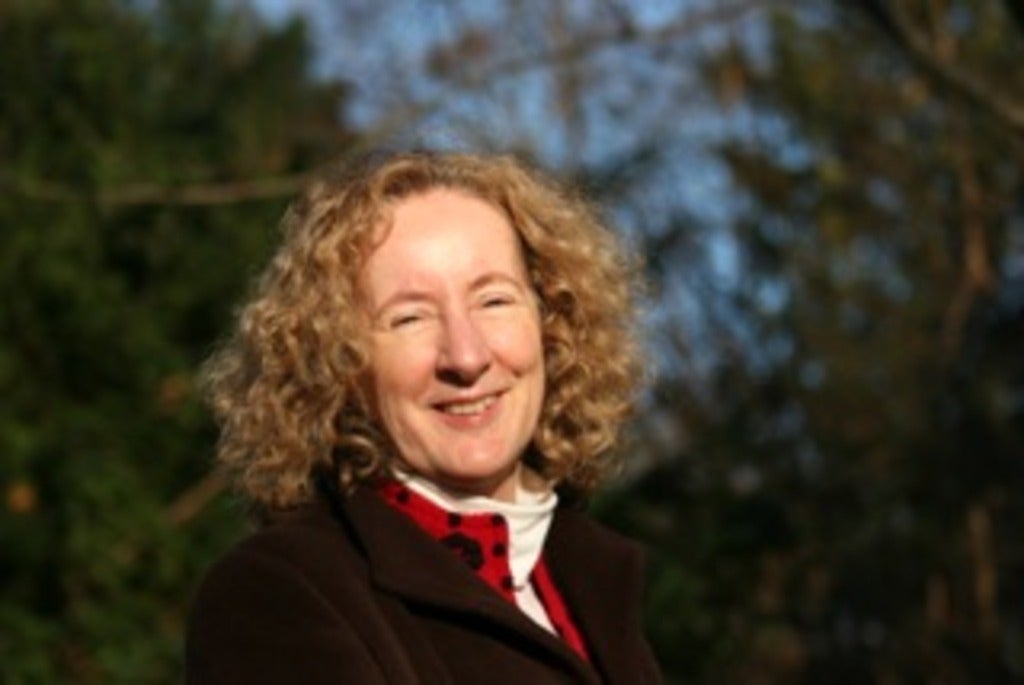Weihs: Nonclassical light from semiconductor quantum dots
Gregor Weihs, Institut für Experimentalphysik, Universität Innsbruck
For fundamental tests of quantum physics as well as for quantum communications non-classical states of light are an important tool. In our research we focus on developing semiconductor-based and integrated sources of single photons and entangled photon pairs.
